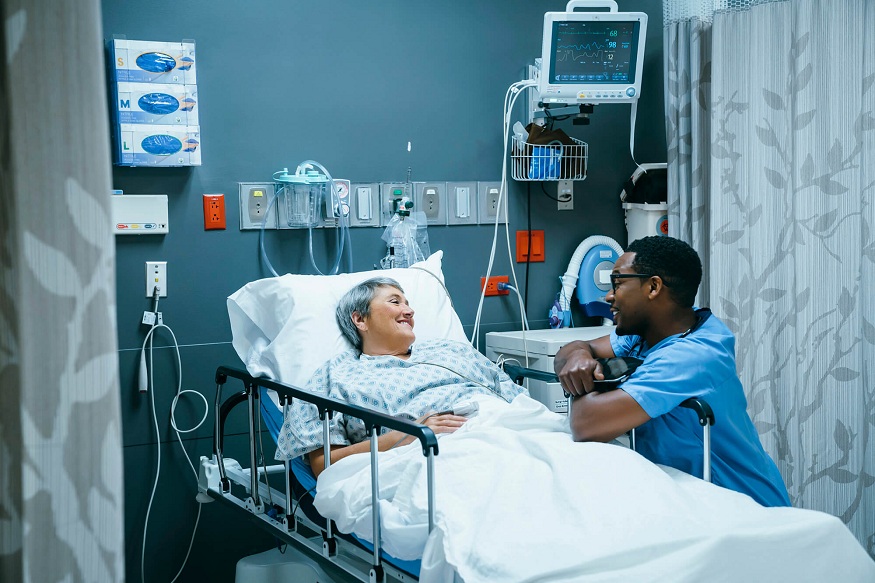The fight against cancer is a multidimensional effort, with the Oncology Department at the forefront. This specialised department plays a vital role in cancer care, from diagnosis and treatment to research and patient support. This blog post delves into the integral role of the Oncology Department in managing cancer.
Understanding the Oncology Department
Oncology is a branch of medicine that focuses on the diagnosis, treatment, and prevention of cancer. The Oncology Department in a hospital is equipped with the necessary technology and staffed by specialists trained to treat cancer, including medical oncologists, surgical oncologists, radiation oncologists, oncology nurses, and other healthcare professionals.
Key Roles of the Oncology Department
The Oncology Department plays several roles, all centred around providing comprehensive care for cancer patients.
1. Cancer Diagnosis
A primary function of the Oncology Department is to diagnose cancer. This often involves the use of imaging technologies, biopsies, and laboratory tests. Oncologists interpret the results to identify the type and stage of cancer.
2. Treatment Planning and Administration
Once a diagnosis is made, oncologists develop a treatment plan tailored to the patient’s specific type and stage of cancer. This may involve a combination of therapies such as surgery, chemotherapy, radiotherapy, immunotherapy, or targeted therapy. The Oncology Department administers these treatments and monitors patients’ responses to them.
3. Patient Support and Palliative Care
The Oncology Department also provides support services to help patients and their families cope with the challenges of cancer. This includes nutritional counselling, mental health services, and palliative care to manage symptoms and improve quality of life.
4. Cancer Prevention and Screening
In addition to treating diagnosed cancers, the Oncology Department also plays a role in prevention and early detection. This can involve educating the public about risk factors, promoting cancer screening programmes, and providing genetic counselling for individuals with a strong family history of certain types of cancer.
5. Clinical Trials and Research
Many Oncology Departments are involved in clinical trials and research to develop and test new cancer treatments. This not only advances the field of oncology but also offers patients access to innovative treatments that may not yet be widely available.
Conclusion
The Oncology Department plays a vital role in cancer care. Its multi-faceted approach, encompassing diagnosis, treatment, patient support, prevention, and research, is central to improving cancer outcomes. As advances in oncology continue, these departments remain at the heart of delivering these innovations, striving to transform cancer from a life-threatening illness to a manageable condition.

